What Are the Benefits of Fighting a Traffic Citation?
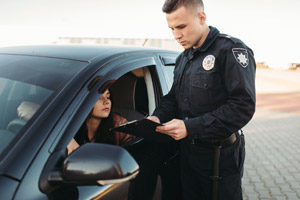 You’ve been stopped by police in New Jersey and issued a ticket. Maybe you were speeding or failed to come to a complete stop. Maybe you made an illegal turn. If you’re like most people, you may feel like you have no recourse other than to show up and pay your fine. To the contrary, there can be a number of good reasons to fight the ticket.
You’ve been stopped by police in New Jersey and issued a ticket. Maybe you were speeding or failed to come to a complete stop. Maybe you made an illegal turn. If you’re like most people, you may feel like you have no recourse other than to show up and pay your fine. To the contrary, there can be a number of good reasons to fight the ticket.
You Might Save a Lot of Money
If you plead guilty, you’ll have to pay a fine, known as a “surcharge,” which can be anywhere from $100 to $1,000. And that’s for each infraction! If you are charged with multiple offenses— speeding, failure to use due caution, reckless driving—the costs can add up quickly. If you don’t pay in a timely manner, you could risk the seizure of assets to pay the fines.
You Might Avoid the Accumulation of Points on Your Driving Record
The state of New Jersey maintains a point system for all licensed motorists. You accumulate points for certain types of infractions. If you amass too many points in a given period—typically two years—you can risk the suspension of your driving privileges. You can have points removed after the fact, but it’s much easier to keep them from being added to your record. An experienced attorney may be able to negotiate an agreement with prosecutors to avoid or minimize points.
The Police Officer May Not Show at the Hearing
Under the U.S. Constitution, you have the right to question your accuser. If you challenge the ticket, the police officer must appear in court to answer your questions. Police officers cannot do this with every ticket they write. If the officer is a no show, your case will be dismissed.
Contact Attorney Edward M. Janzekovich
To schedule an appointment with an experienced New Jersey DUI defense attorney, contact my office online or call me at 732-257-1137. There is no cost or obligation for your first meeting. Evening and weekend consultations are available by appointment. I accept all major credit cards.



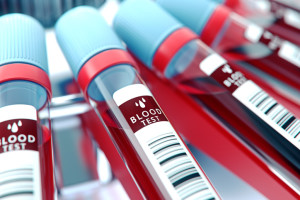 A recent New Jersey case demonstrated why it is so important to get a good
A recent New Jersey case demonstrated why it is so important to get a good 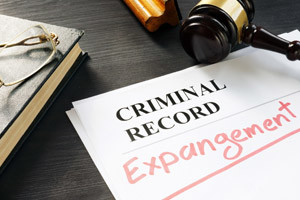
 This coming Sunday, February 3, 2019, the Los Angeles Rams will be facing off against the New England Patriots in Super Bowl LIII at Mercedes-Benz Stadium in Atlanta, Georgia at 6:30 p.m. Eastern Standard Time. Many people will start drinking early in the day. By the time the game ends over 4 hours later, many people will have had at least a few drinks. When it comes time to leave, remember: Don’t Drink and Drive on Super Bowl Sunday.
This coming Sunday, February 3, 2019, the Los Angeles Rams will be facing off against the New England Patriots in Super Bowl LIII at Mercedes-Benz Stadium in Atlanta, Georgia at 6:30 p.m. Eastern Standard Time. Many people will start drinking early in the day. By the time the game ends over 4 hours later, many people will have had at least a few drinks. When it comes time to leave, remember: Don’t Drink and Drive on Super Bowl Sunday.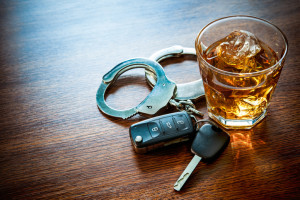
 These days, there isn’t a lot that a car can’t do. They can parallel park for you, help you stay in your lane, apply the brakes and, amazingly, even drive for you. Self-driving cars, also known as autonomous vehicles, are famously made by Google and Tesla, but all major manufacturers have plans to roll out with driver-less vehicles in the next few years. These vehicles of the future are expected to increase fuel efficiency and decrease the number of car accidents, since studies show that most motor vehicle accidents are due to human error.
These days, there isn’t a lot that a car can’t do. They can parallel park for you, help you stay in your lane, apply the brakes and, amazingly, even drive for you. Self-driving cars, also known as autonomous vehicles, are famously made by Google and Tesla, but all major manufacturers have plans to roll out with driver-less vehicles in the next few years. These vehicles of the future are expected to increase fuel efficiency and decrease the number of car accidents, since studies show that most motor vehicle accidents are due to human error.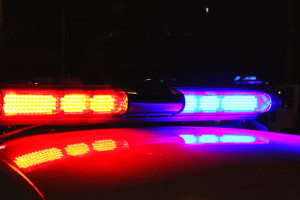 Perhaps you or someone you know are debating applying to law school and have a DUI/DWI conviction that is 5, 10 or even 20 years old. Or perhaps you are in your second year of law school and recently had one drink too many while at a school function and were unfortunately arrested on suspicion of driving under the influence. One of the first thoughts running through your mind might be how this incident may affect your chances of being admitted to practice law – in New Jersey or any other state.
Perhaps you or someone you know are debating applying to law school and have a DUI/DWI conviction that is 5, 10 or even 20 years old. Or perhaps you are in your second year of law school and recently had one drink too many while at a school function and were unfortunately arrested on suspicion of driving under the influence. One of the first thoughts running through your mind might be how this incident may affect your chances of being admitted to practice law – in New Jersey or any other state.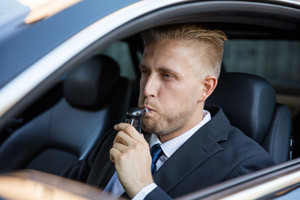
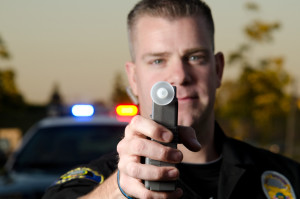 Every year at this time, we at the Edward M. Janzekovich law blog like to wish all of our readers a safe and Happy New Year. At the same time, we also would like to remind everyone that New Year’s Eve is one of the most dangerous nights of the year for drunk driving and DUI/DWI arrests. If you can, avoid the roads – especially if you’ve had even one drink. In New Jersey, law enforcement officials across the state will be on high alert for the slightest signs of drunk driving or suspicious, erratic behavior.
Every year at this time, we at the Edward M. Janzekovich law blog like to wish all of our readers a safe and Happy New Year. At the same time, we also would like to remind everyone that New Year’s Eve is one of the most dangerous nights of the year for drunk driving and DUI/DWI arrests. If you can, avoid the roads – especially if you’ve had even one drink. In New Jersey, law enforcement officials across the state will be on high alert for the slightest signs of drunk driving or suspicious, erratic behavior. At this time of year we stop and reflect on what matters most: our families, our friends, and our relationships with trusted clients like you. Thank you for choosing us; we will continue to work hard in the new year to deserve your trust. We wish you all the blessings of a peaceful holiday with those you love.
At this time of year we stop and reflect on what matters most: our families, our friends, and our relationships with trusted clients like you. Thank you for choosing us; we will continue to work hard in the new year to deserve your trust. We wish you all the blessings of a peaceful holiday with those you love.